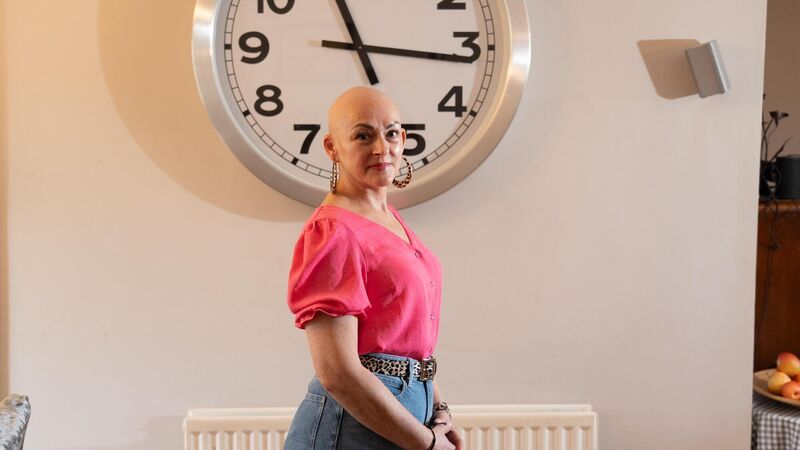World Cancer Day: Time to face up to cancer and its impacts

Edita Hyland has been diagnosed with cancer three times - she has the BRCA gene. Photographed at her home in Ballinlough, County Meath. Photo: Barry Cronin
Try from €1.50 / week
SUBSCRIBE
Edita Hyland has been diagnosed with cancer three times - she has the BRCA gene. Photographed at her home in Ballinlough, County Meath. Photo: Barry Cronin
Ireland has the third highest rate of cancer in the world, and it is estimated that one in three of us will develop it at some point in our lifetime with around 42,000 people diagnosed with the disease each year.
These are frightening statistics, but, reassuringly, more than 215,000 people are living with and beyond cancer today in Ireland.
Already a subscriber? Sign in
You have reached your article limit.
Annual €130 €80
Best value
Monthly €12€6 / month
Introductory offers for new customers. Annual billed once for first year. Renews at €130. Monthly initial discount (first 3 months) billed monthly, then €12 a month. Ts&Cs apply.
CONNECT WITH US TODAY
Be the first to know the latest news and updates
Newsletter
The best food, health, entertainment and lifestyle content from the Irish Examiner, direct to your inbox.
Newsletter
The best food, health, entertainment and lifestyle content from the Irish Examiner, direct to your inbox.

Our team of experts are on hand to offer advice and answer your questions here
© Examiner Echo Group Limited